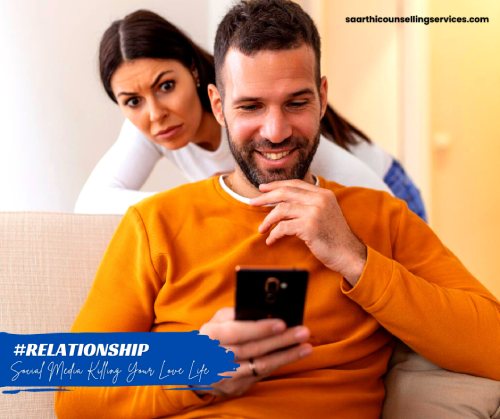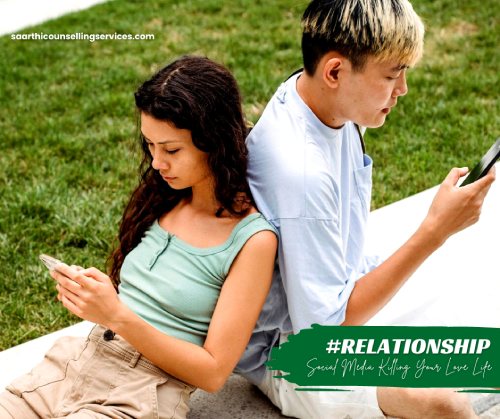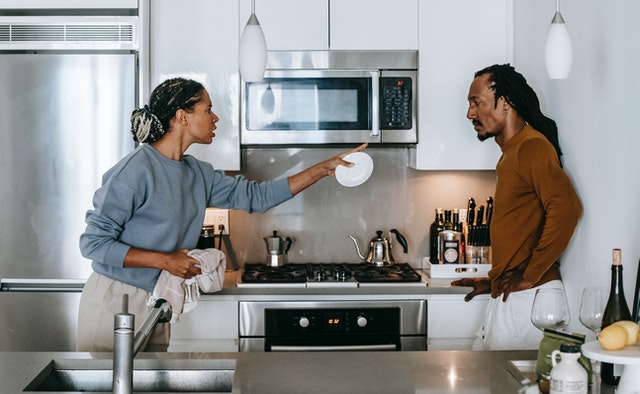Infidelity in romantic relationships is surprisingly quite common. Sure, some partners may use infidelity as an exit strategy, eventually wanting their partner to know so that their partner initiates a breakup.
While for some, however, hiding infidelity is a top priority. They want to keep their primary relationship partner. They also want to keep their extra-dyadic partner(s). The price of losing their primary relationship, in these cases, is quite high, so they turn to the hard task of hiding their infidelity, says Shivani Sadhoo.
People differ in how creative they are in hiding infidelity, and how much energy they put into stopping their primary partner from finding out their unfaithfulness.
India’s top couples therapist Shivani Misri Sadhoo cites some of the most common to least common tactics that a person might engage in, in order to hide their affairs.
Be discreet
The most commonly endorsed method to keeping an affair quiet is to be intentional about communications and meetings, to limit any scopes of being discovered.
Behave in the same manner as usual
Unusual behaviors might tip off a primary partner, so unfaithful partners will pay attention and bring their usual self to their interactions with their partner. No matter their usual way of interaction (for instance, as complainers, comedians, helpers, or cheerleaders), they keep that way going after their affair starts. By keeping their couple dynamic the same, they work to eradicate suspicion.
Restrict contact with the extra-dyadic partner
In place of seeing an extra-dyadic partner frequently, a person who wants to maintain their primary relationship (even as they wish to continue their affair) will willingly limit how often they meet up with their extra-dyadic partner. As a ploy of being discreet, attention to frequency lowers the likelihood of discovery.
Pay more attention to their primary partner
A presumed way to distract a primary partner so that they do not become suspicious is to shower them with interest, love, and attention. Being warmer and a lot more generous, for instance, are strategies partners may use to hide an affair.
Lock all technology
Solid evidence of a partner’s affair would not be difficult to come by with all of the recorded communications one relies on today (texting, emailing). Partners who do not delete, or who do delete but want additional safeguards, may make sure, and quite intentionally, lock their devices. Changing passwords, signing out of their social media—these sorts of behaviors are strategies to decrease the primary partner’s awareness.
A person usually knows his/her romantic partners quite well, and he/she, you. On account of this intimacy, unfaithful partners probably have an edge in covering their tracks. They may know which strategies and accompanying mechanisms are more important to use, and which may come off as artificial, suspicious, or alarming to their particular partner. In simple words, they can cater their deception to their primary partner.











